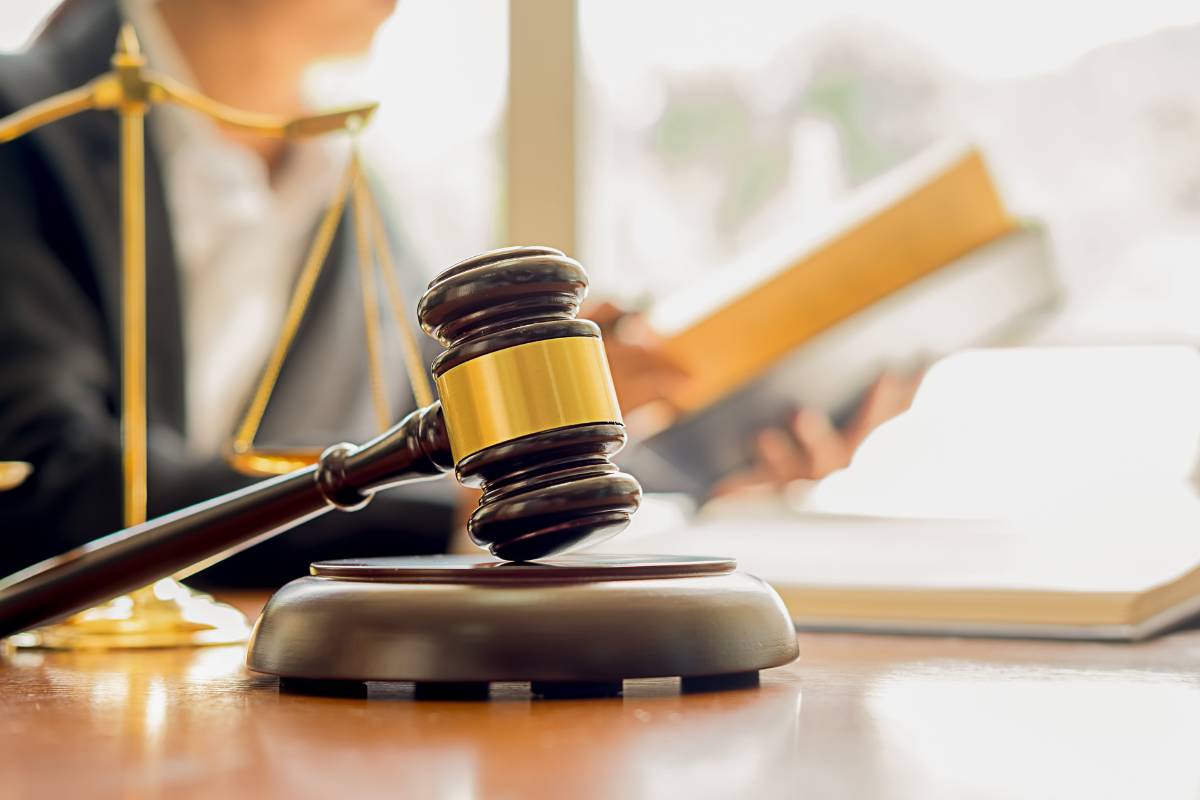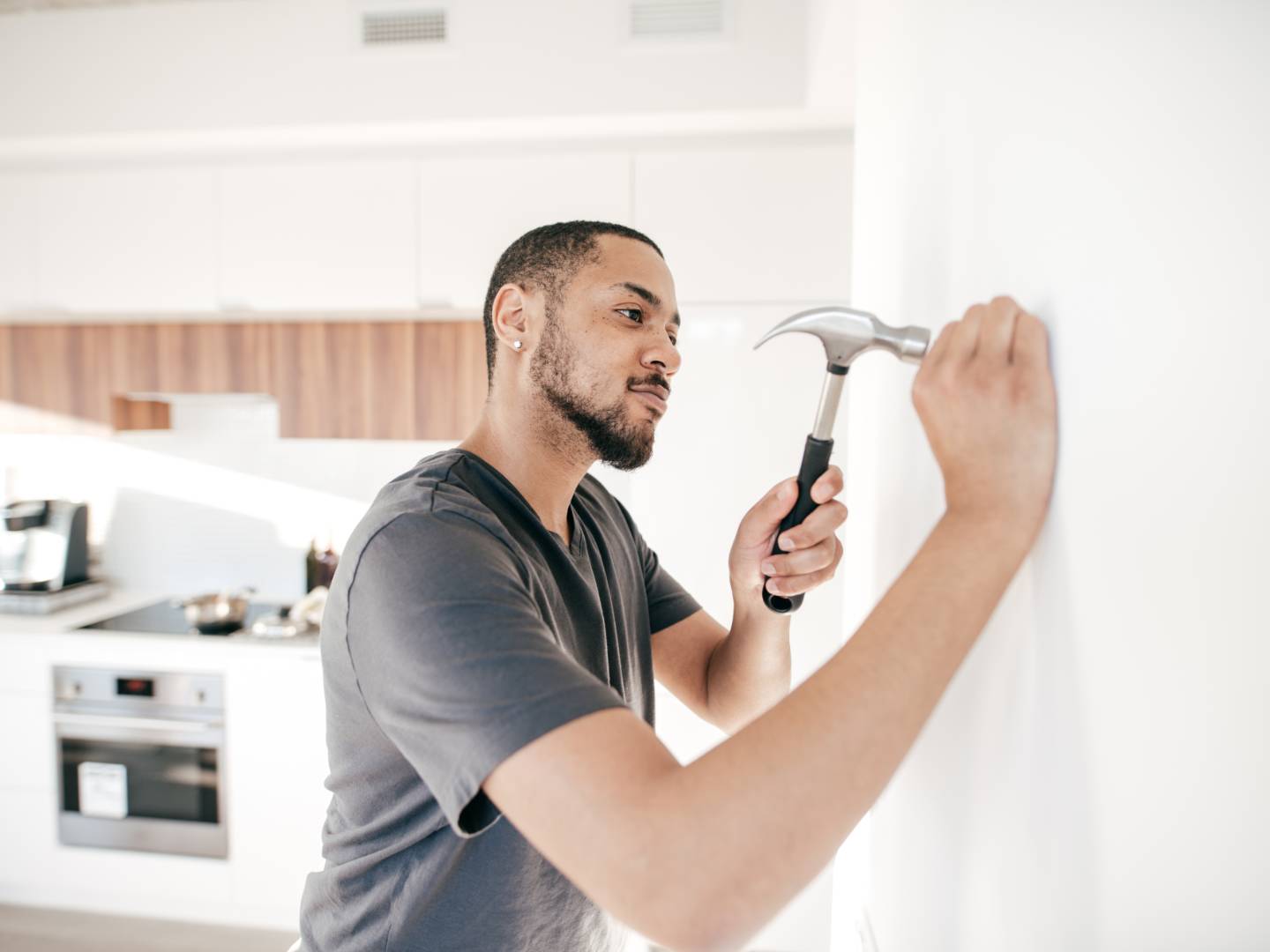Landlord’s guide to a gas safety certificate in the UK
In the UK, landlords must have a gas safety certificate (CP12) to let the apartment. Learn how to obtain CP12 and the consequences of not getting one.
Jale
In the UK, landlords must have gas safety certificates (CP12) to let their properties. Landlords obtain this certificate as a result of gas safety inspections.
This article will provide an overview of the gas safety regulations and certification requirements landlords must know in the UK.
What’s a gas safety certificate?
A CP12 certificate is a gas safety certificate issued to landlords following a gas safety inspection of their rental property by a Gas Safe registered engineer. An acceptable CP12 certificate confirms that all gas appliances and systems in the rental property have been inspected and deemed safe and compliant with UK regulations.
The CP12 certificate must be renewed every year and must be provided to tenants within 28 days of the inspection.
Landlords must adhere to various gas safety regulations and certification requirements to maintain compliance with the law and protect their tenants from the potential dangers of gas leaks and other hazards.
How to obtain a CP12 certificate?

To obtain a CP12 certificate, landlords must arrange for a Gas Safe registered engineer to inspect and test the gas appliances and pipework in their rental property. The engineer will carry out several tests such as inspection of gas appliances, and gas tightness tests.
Then, the engineer will provide a report detailing any defects or safety issues that must be addressed. After that, the engineer will issue the CP12 certificate.
What happens during a gas safety check?

During the gas safety inspection, an authorised gas safety engineer will thoroughly examine all the gas systems on the property, including gas meters, heaters, stoves, cylinders, gas pipes and ovens.
You can expect the following during the inspections:
- Visual inspection of all the gas devices
- Color-checking of the burner flame on all gas devices,
- Testing and recording gas flow rate and burner pressure
- Performing a gas tightness test at the gas meter to identify any gas leaks
- Examining the emissions of all gas appliances
- Assessing the pressure vessel of the boiler
- Cleaning the boiler’s condensate trap
- Assessing the ventilation system for proper air circulation,
- Inspecting the boiler’s ventilation system
- Checking for faults in the heating system, such as radiators or hot water cylinders
- Verifying the correct connection of appliances to gas pipes
Note that gas safety check doesn’t include repairing faulty devices. You’ll need to book an appointment for a gas service separately for repair work.
Steps to ensure your property passes the gas safety inspection
To ensure your property passes the gas safety inspection, take the following steps:
- Schedule regular and timely gas safety checks.
- Address any issues promptly to receive an acceptable rating.
- Educate tenants about gas safety and provide clear instructions on how to use gas appliances safely.
- Keep records of all gas safety checks and certificates to ensure they are up-to-date and compliant with gas safety regulations.
The cost of obtaining a CP12 certificate
The cost of obtaining a CP12 certificate will vary depending on the rental property's location and the complexity of the gas appliances and pipework. Typically, landlords can expect to pay between £50 and £150 for a CP12 certificate.
Consequences of not obtaining a gas safety certificate
The consequences of not obtaining a gas safety certificate in the UK can be severe, both legally and financially. If you fail to obtain a gas safety certificate, you’re risking your tenants' health and safety and breaking the law.
Under the Gas Safety (Installation and Use) Regulations 1998, landlords are legally required to ensure that all gas appliances, flues, and pipework are maintained and inspected by a Gas Safe registered engineer at least once a year. Failure to comply with these regulations can result in severe penalties, including imprisonment, fines of up to £20,000, and even manslaughter charges in the event of a gas-related accident.
Landlords also need a gas safety certificate for their property to obtain insurance. Most insurance providers require a valid gas safety certificate as proof that the gas appliances in the property are safe and meet the necessary safety standards.
In addition, tenants can also take legal action against landlords who don’t obtain a gas safety certificate. If a tenant becomes ill or is injured due to a gas-related incident in the rental property, they can claim compensation against the landlord.
This article is for informational purposes only. Please consult the appropriate authorities for the latest developments or a lawyer for legal advice.
For feedback on this article or other suggestions, please email content@housinganywhere.com
Related articles
In this article
More than 1000+ landlords have switched to HousingAnywhere
We guarantee the first month’s rent, offer online tenant selection to save you time, and much more.
Sign up now

